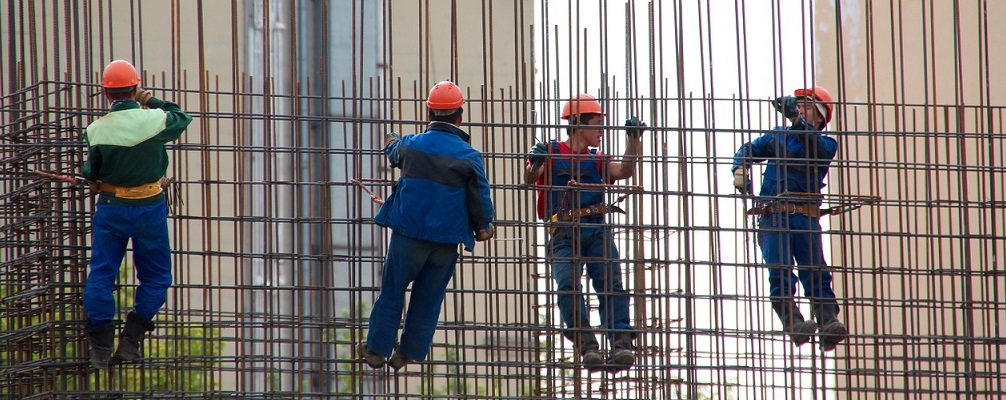
Construction Industry Vulnerabilities
Whether through the vast pressure to perform under strict contracts, or a stubborn disregard for unethical behavior, the construction industry faces multiple exposures to risk. It might have been OK in days gone by to let a few things slide, but a culture that is prone to even seemingly minor unethical behavior is inevitably going to face significant challenges in an age where information travels quickly.
The size and complexity of the construction industry makes it especially prone to ethical vulnerabilities. Indeed, there are so many moving parts in any one project that the need to cultivate a culture of professional ethics is essential going forward.
Here are some of the most common ethical vulnerabilities in the construction industry:
- Bribery
The entire construction industry is built on deadlines and codes of conduct. If a contracted construction company is seeking to gain building approval for a project that is under increasing pressure from stakeholders, taking backhanders and offering bribes is an unfortunate occurrence. Building inspectors may be offered bribes to pass an unsafe building for example or ignore some potentially hazardous budding materials that have been used.
- Fraud
Padding time and cost of materials in order to make a little more money on the top is a problematic practice in the construction industry. By using cheaper building materials in order to save money, it’s possible to make a little more on top. Likewise, some contractors over-inflate their billable hours in order to make extra money.
The extent of this behavior varies considerably, and some companies extract a large amount of money from their investors through these methods.
- Safety
All construction work is dangerous by nature, but it is all too common for workers on-site to face unsafe working conditions and practices. Here are some of the most common issues
- Falls: Many injuries are sustained through falls from platforms, unsafe heights without adequate protection, and through holes that have not been covered.
- Use of scaffolding: There are strict rules governing the proper use of scaffolding, but it is not uncommon for these rules to be violated on-site.
- Hazardous materials: Chemical spills and exposure to hazardous materials, such as asbestos that has been sourced cheaply to save money, is a clear violation of occupational health and safety laws.
Though the construction industry is inherently dangerous in a number of areas, the rules and regulations are in place for a reason: to safeguard life and minimize injury. When these rules are simply disregarded everyone on-site is placed at greater risk.
Why Ethics Really Matter
While it’s true that the construction industry often faces significant pressures from stakeholders in the form of deadlines and finances, cultivating professional ethics in this area is essential. The truth is that people can get hurt. Inferior building materials can result in unsafe buildings; bribes can turn into disaster if someone is injured or worse by inferior construction; and workers on-site can be injured or lose their lives due to unsafe practices.
The pressures within the construction industry often lead to ethical breaches, but there is simply too much on the line not to do something serious about it.
